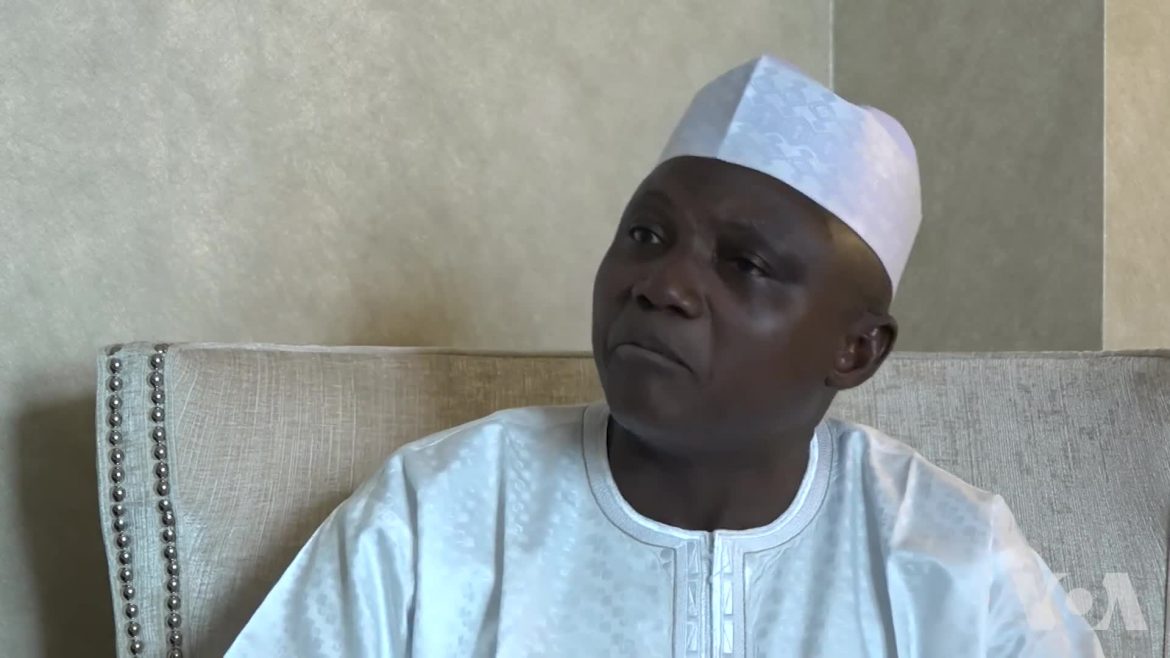the Federal Government announced on Saturday.
Senior Special Assistant to the President on Media and Publicity, Mr Garba
Shehu, spoke about the issue on Sunday during his appearance on Channels
Television’s Sunday Politics.
He said, “We’ve seen a number of names being circulated. We have not
issued any list. We are not going to issue any list because, again, if we
did so, a lot of criticism will follow. Trials by media and all sorts of
things.”
Although the Presidential aide declined to mention the names any of the
people affected by the travel ban, he suggested that they were no
surprises to the list.
“These cases are mostly known by most Nigerians. There are cases that have
been in the public domain. Most of them were never really instituted by
this administration. They go back seven to 10 years,” he said.
Mr Shehu had announced the decision of the Federal Government in a
statement on Saturday, one day after a Federal High Court in Abuja upheld
President Muhammadu Buhari’s Executive Order 6.
The order, among other things, allows for the interim seizure of assets
linked to investigation, ongoing criminal trials, and other related
offences.
It also empowers the Attorney General of the Federation (AGF), in liaison
with relevant investigative agencies, to temporarily seize properties
linked with corruption, to prevent the dissipation of such assets.
In a statement announcing the ban on Saturday, the Presidency said,
“Following the instant judicial affirmation of the constitutionality and
legality of the Executive Order 6 (EO6), President Muhammadu Buhari has
mandated the Attorney-General of the Federation and the Minister of
Justice to implement the Order in full force.
“To this end, a number of enforcement procedures are currently in place by
which the Nigeria Immigration Service and other security agencies have
placed no fewer than 50 high profile persons directly affected by EO6 on
watch-list and restricted them from leaving the country pending the
determination of their cases.
“Also, the financial transactions of these persons of interest are being
monitored by the relevant agencies to ensure that the assets are not
dissipated and such persons do not interfere with, nor howsoever corrupt
the investigation and litigation processes.”
The move has attracted criticism and praise. Among the critics are the
Peoples Democratic Party, and human rights lawyer Femi Falana (SAN) and
the Social-Economic Rights and Accountability Project (SERAP).
Mr Shehu, however, insists that the move was in the interest of concluding
cases that have dragged on for too long “and held our judiciary captive”.
“The worry then is they (the cases) are not making progress and the
administration wants to move very quickly with these cases so that they go
to conclusion,” he said.
“This is a matter in the domain of the (Nigerian) Immigration Service and
other security agencies who have the duty of enforcement.”
Asked if the persons affected by the ban are aware of the development in
the absence of a public list, Mr Shehu said, “They know themselves. If in
doubt, they can check with immigration.”
He argued that making a list of those affected would not help matters.
“This administration will not be subjected to another round of trial by
the press; that we are persecuting individuals, or this is political,
which, absolutely, it is not or that we are just convicting people via the
press,” Mr Shehu said.
“Nigerians are tired of hearing about these endless trials that have led
to nowhere and that have held our judiciary captive. Everyone wants to see
them ending. That is the point.”



